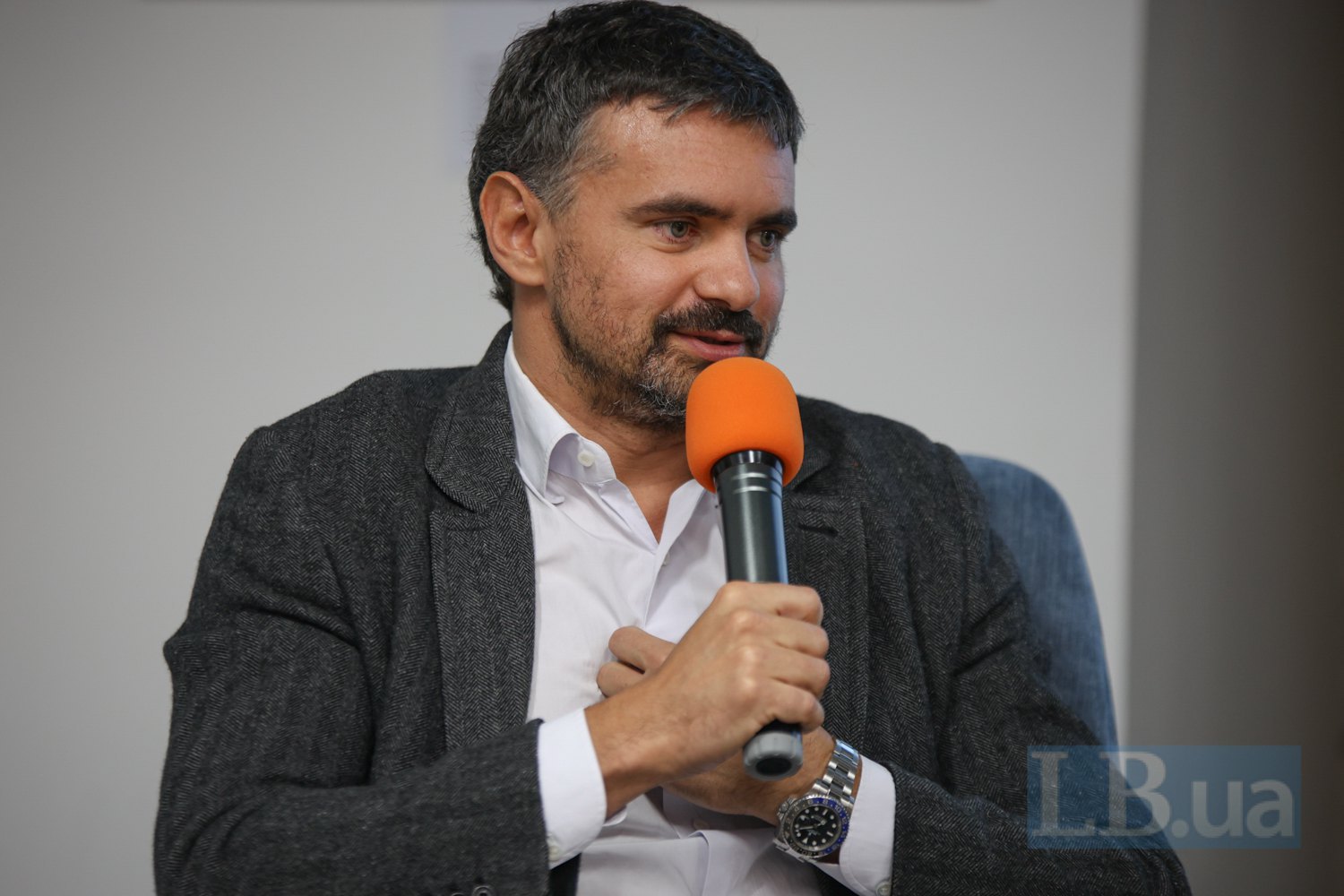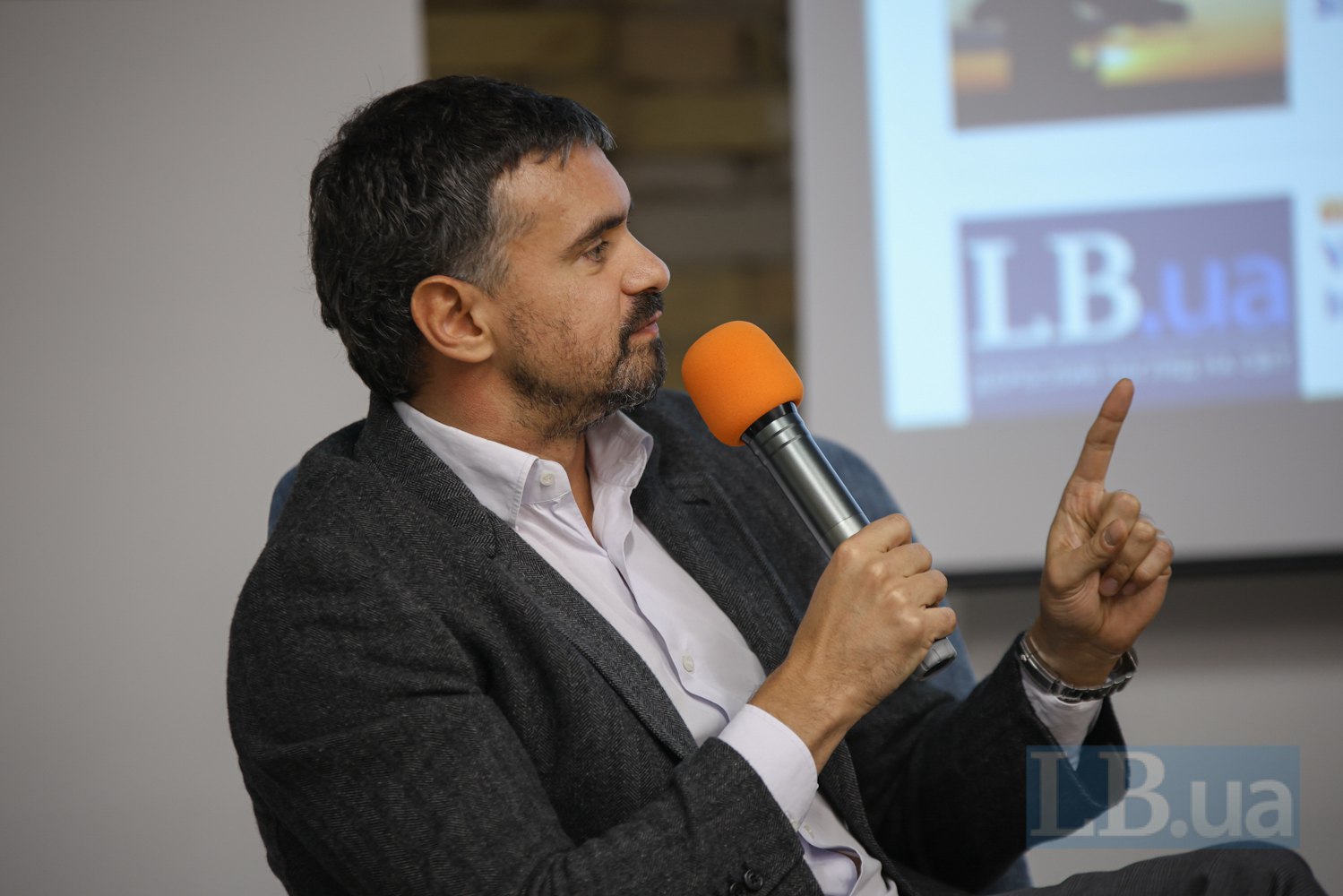
What kind of country of the future do we need?
According to the businessman, Ukraine’s success depends on its people’s mindset towards the future, and this must change.
“We have a unique starting point – we are at rock bottom. This makes it very easy to push off and rise. At this stage, Ukraine will either collapse under the weight of post-war challenges or develop inefficiently. Everything depends on the vision of the future that people choose to believe in.
Each of us must believe in and ‘sell’ the idea to those abroad – those who have left or are considering leaving – that Ukraine is the country of the future. A modern-day Wild West, where conditions improve every month – new businesses, new housing. This is behavioural economics: instead of saving to leave, people should invest here and now, recognising that this is the lowest point,” Liski said.
He recalled a similar period in the 2000s, when “people were buying everything immediately because they knew prices would rise tomorrow. New businesses were emerging because entrepreneurs understood that no matter what they did, they would still make money – they would still be able to sell their product.”
“This story can repeat itself if 7–10% of active citizens and entrepreneurs believe in Ukraine first and foremost - if they see it as the country they want to live in,” Liski is convinced.
However, in his view, this is only possible if Ukraine adopts a model of economic freedom.
“If we aim to become a welfare state based on equality, we must first understand how we will sustain it. I fear that a populist agenda wrapped in European progressive ideology could destroy the country. Pensioners, veterans, and military personnel will rightly demand welfare, housing, and support, saying: ‘We defended this country - now give us security.’ But those expected to finance these demands may leave in search of better opportunities elsewhere.
This is why the social contract must be rethought. And for me personally, this is the dividing line where Ukraine’s bright future begins - a truly bright one. Because we have all the necessary resources: land, infrastructure. I also believe that Europe cannot survive without Ukraine - neither in terms of security nor in developing new added value,” Liski said.
If Ukraine is to become a land of opportunity with a free economy, the responsibility now lies with politicians. Business needs fair and transparent rules of the game - reasonable taxes and zero tolerance for corruption - rather than populist slogans, Liski argues.
“It’s encouraging that the main creative class – entrepreneurs – has largely remained in Ukraine. Some have left, of course, but the majority are still here. And they must be given a clear vision for the future,” Liski stresses.
“Because when we talk about bringing in Tajiks, Filipinos, or Asians, for example - excuse me, but who will bring them? Businesses, for new projects. The state is not capable of doing this. So, let’s think about what comes first – the chicken or the egg?”

In the country of the future, Ukrainians should feel comfortable, successful, and proud to be part of it, Liski reiterates. In his view, achieving this depends on two key state functions:
- Security – “I hope this will be ensured.”
- Equal opportunities for self-realisation – “Without this, there will be no birth rate, no return of emigrants, no job creation, and no strong national identity. Instead, people will be ready to become Germans, British, Poles, or French. And that would mark the beginning of a different historical chapter,” Liski warns.
Business must become a political force
Another key point Liski raised during the discussion was the need for business to play an active role in shaping the country’s political landscape.
“Otherwise, crooks and populists will enter politics, profit from it, and dictate how businesses should operate,” he explained.
“This is an unpopular stance among my colleagues. Many still believe it’s better to keep politics at arm’s length. But eventually, the state will affect everyone - whether through inefficiency, corruption, or populism. That’s why I urge my business colleagues to influence politics by delegating, voting, and funding parties,” Liski said.
“I know, I just said something ‘forbidden.’ What do you mean - business should fund political parties? That’s a crime! A scandal! Business should stay far away from politics! But in reality, we have no other choice. We must learn to support parties that align with our interests and drive meaningful change in the state.”

Liski also called for a shift in perspective on the state’s role. Viewing it as the provider of education, healthcare, jobs, and general welfare is utopian and “Soviet,” he argued.
“Added value is not created by the state - it is created by businesses and citizens when they work. The state is simply a service provider for certain public interests. So, if we want the state to act, we must give it clear tasks.
For example, business or society should say: ‘We need an immigration policy, and we are hiring you to develop one.’ Which ministry is responsible for this? As a business owner, I need clarity - if I’m building a glass factory and need 800 workers, where will they come from? We must become active participants in shaping this policy,” Liski concluded.








